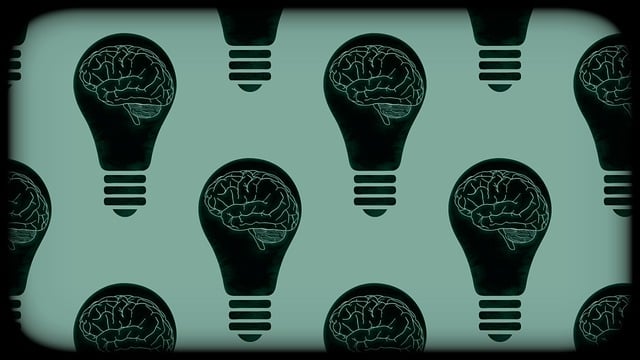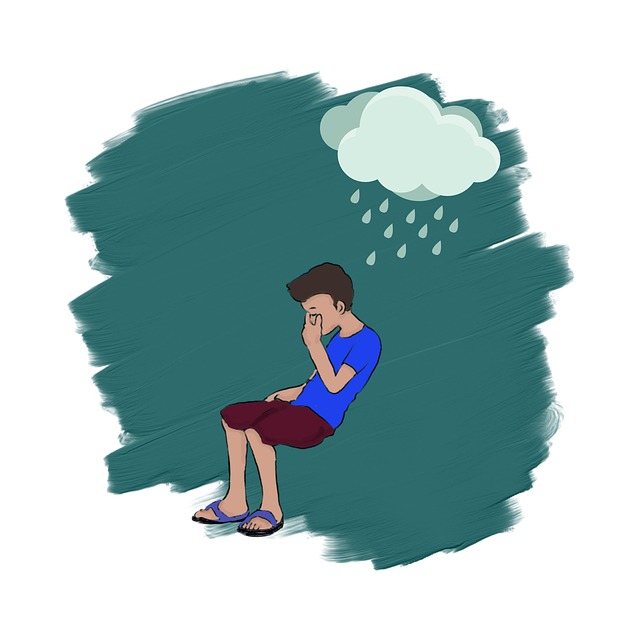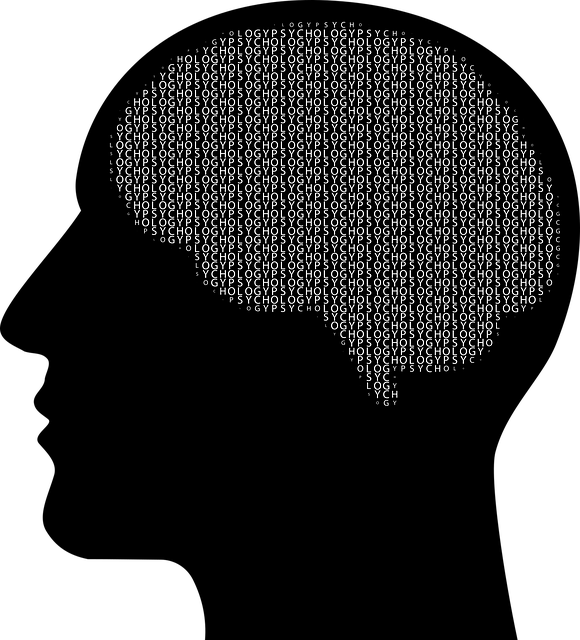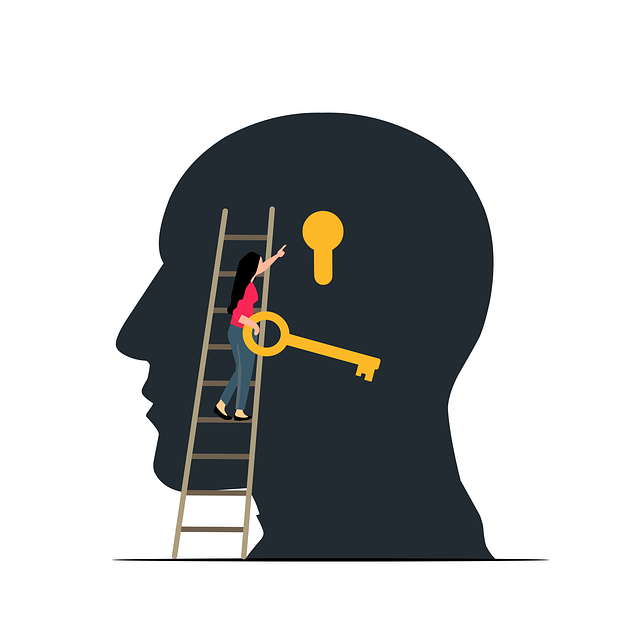Lone Tree Mental Health Evaluations Therapy focuses on mood regulation as a key component of mental wellness, offering tailored assessments and evidence-based treatments like CBT and mindfulness. Their approach combines personalized therapy with community outreach to improve emotional well-being, making mental health services accessible and fostering support networks. By empowering individuals to manage stress and embrace all emotions, Lone Tree contributes to healthier communities and aligns with broader mental health policy goals.
Mood regulation strategies are essential tools for maintaining emotional balance and overall well-being. In today’s fast-paced world, understanding how to manage our moods can be a game-changer. This article explores various approaches to mood regulation, from assessing your needs through Lone Tree Mental Health Evaluations to effective therapy techniques. By delving into these methods, you’ll gain insights into improving emotional resilience and enhancing mental health.
- Understanding Mood Regulation: Unraveling Emotional Balance
- Lone Tree Mental Health Evaluations: Assessing Your Mood Needs
- Therapy Techniques for Effective Mood Management
Understanding Mood Regulation: Unraveling Emotional Balance

Understanding Mood Regulation is a crucial aspect of maintaining emotional balance, a key focus for any mental health evaluation and therapy provider like Lone Tree Mental Health. Emotional well-being involves regulating feelings, managing stress, and adapting to life’s challenges. This process is intricate, as emotions are complex responses influenced by biological, psychological, and social factors.
By delving into mood regulation strategies, therapists can guide individuals in recognizing emotional triggers, developing coping mechanisms, and fostering resilience. The goal is not just to manage but to understand and embrace the full spectrum of emotions, creating a more adaptive and balanced mindset. This approach resonates with the broader context of mental health policy analysis and advocacy, where promoting emotional regulation can lead to healthier communities. Community outreach program implementations that focus on education and support for emotional well-being are integral to this process, ultimately enhancing overall mental health and quality of life.
Lone Tree Mental Health Evaluations: Assessing Your Mood Needs

Lone Tree Mental Health Evaluations offer a crucial step towards understanding and managing one’s emotional well-being. These comprehensive assessments are designed to pinpoint specific mood regulation needs, providing valuable insights for tailored therapy approaches. Through expert analysis, individuals can uncover underlying factors contributing to their emotional states, be it stress, anxiety, or other mental health concerns.
The process involves a combination of professional interviews and evidence-based assessment tools. This includes exploring one’s daily routines, social interactions, and coping mechanisms, alongside examining thoughts and feelings. By integrating these data points, mental health professionals can design personalized treatment plans that may include therapy sessions, emotional well-being promotion techniques, or even social skills training components from the Community Outreach Program Implementation.
Therapy Techniques for Effective Mood Management

Mood regulation strategies often involve therapy techniques that are tailored to an individual’s unique needs. Lone Tree Mental Health Evaluations Therapy emphasizes a holistic approach, combining evidence-based practices such as cognitive-behavioral therapy (CBT) and mindfulness meditation to help clients manage their emotions effectively. CBT equips individuals with tools to identify and challenge negative thought patterns, while mindfulness meditation promotes present-moment awareness, enabling better emotional control.
Incorporating cultural sensitivity in mental healthcare practice is another key aspect of successful mood management. Lone Tree Mental Health Evaluations Therapy recognizes the importance of understanding cultural contexts and beliefs to deliver culturally competent care. This approach ensures that therapy techniques are not only effective but also respectful and relevant to the client’s background, enhancing the therapeutic alliance and improving treatment outcomes. Additionally, community outreach program implementation plays a crucial role in providing accessible mental health services, fostering support networks, and promoting overall well-being within diverse communities.
Mood regulation is a vital aspect of emotional well-being, and with the right strategies, individuals can effectively manage their mental health. As discussed in this article, understanding one’s emotional balance is key, and Lone Tree Mental Health Evaluations play a crucial role in identifying individual mood needs. Therapy techniques, such as those explored here, offer powerful tools for navigating and transforming one’s emotional landscape. By combining assessments with evidence-based therapy, people can embark on a journey towards enhancing their mental resilience and overall quality of life.














